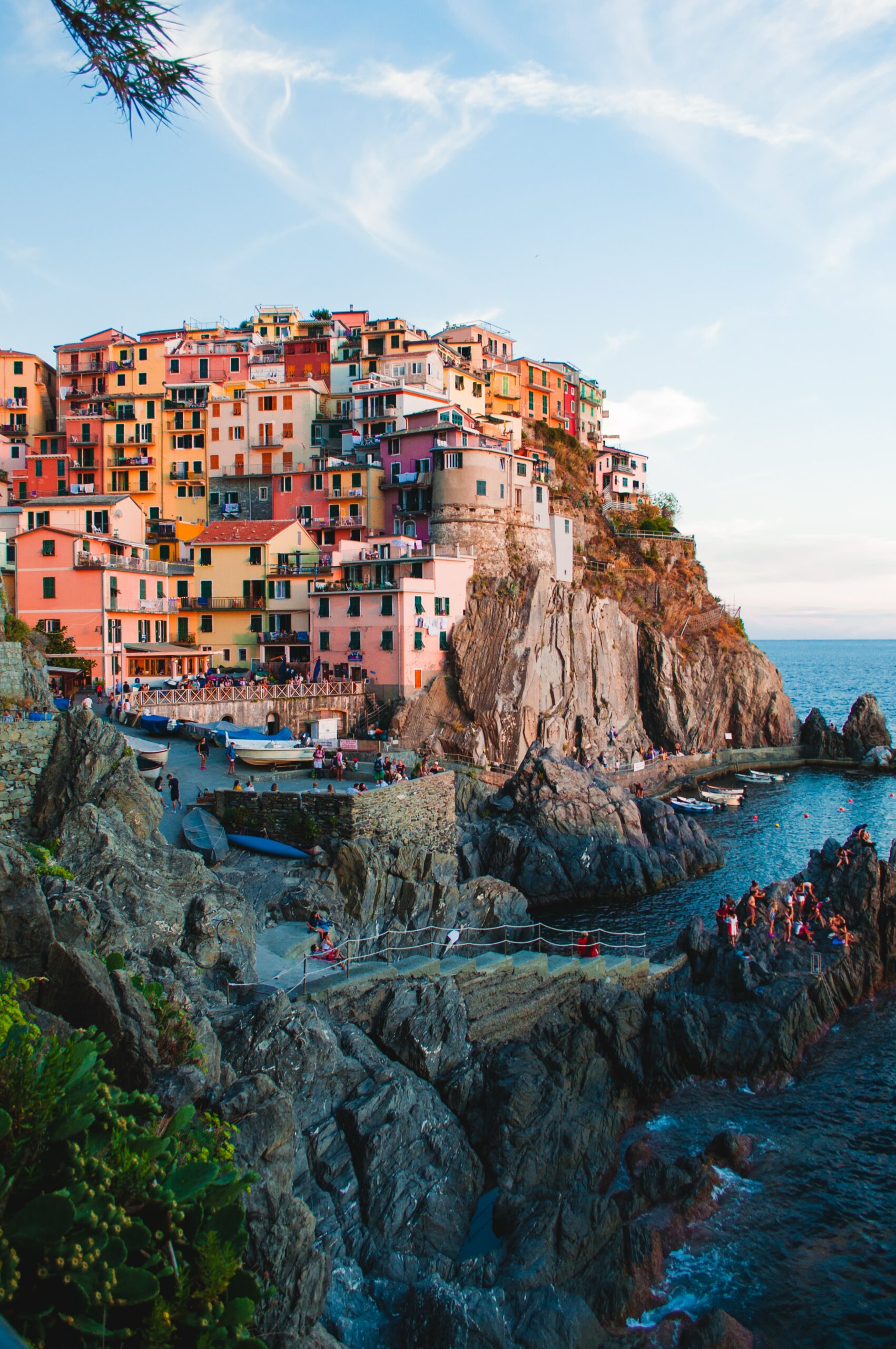CYRIL CHIGOT / DIVERGENCE FOR “THE WORLD” By Jordan Pouille
Published on February 24, 2022 at 5:30 p.m. – Updated on March 01, 2022 at 2:50 p.m.
Reserved for our subscribers
ReportThere are only 800 itinerant distillers left in France, who transform private fruit into eau-de-vie. A new generation is trying to revitalize this traditional activity in the countryside, helped by a clientele of neo-rurals.
It's almost like being in the bayou, in southern Louisiana, in an old shrimp shed. But this building is in the heart of Berry, in Niherne, on a municipal plot on the edge of the Renard pond. Inside, two stills on cart wheels, sunk in the ground to the hub. A white smoke escapes from the sheet metal roof then goes off to embalm the neighboring housing estate. Fragrant water vapor that never intoxicates, it seems. “A gendarme came to give me breath from time to time, in vain. But he came away positive, that's for sure,” laughs Moïse Madrolles, a farmer and distiller aged 22 to 63. On this chilly Monday, he comes to greet his successor at the Distillerie des 3 Foxes. Stéphane Marsais, 46, is passionate about motorcycles, Marsupilami tattoos and, now, master of his stills.
The 3 Foxes Distillery, in Niherne (Indre), Monday January 31, 2022. CYRIL CHIGOT / DIVERGENCE FOR "THE WORLD"
Officially, France has 800 itinerant boilers, Indre a dozen. “But half no longer practice. There are six or seven of us, big max, ”says Stéphane, who has also taken over the secretariat of the Department’s Traveling Boilers’ Union and discovered its threadbare registers that look like a grimoire. While microbreweries abound to respond to the beer craze, the volumes of eau-de-vie declared to customs – based in Châteauroux – have here been divided by seven over the past ten years. No still has even been checked for fifteen years.
"A Smoking Monster"
The rule is that the itinerant distiller depends on customs, which grants him an authorization to distill for others, concretely these individuals bringing their harvest of fruits to make brandies and who are called distillers. Then, the itinerant distiller pays the customs the excise duties, the taxes on potable alcohol which the distillers pay to him. The mobile distiller can distill at a fixed station, in a place designated by a municipal council – this is the case of the Niherne distiller – or actually move from village to village.
“I sold it all to him for the price of copper,” Moïse says in front of his soon-to-be-hundred-year-old machines set with rivets. "Not even," murmurs Stéphane, rubbing his graying goatee. He has certainly modernized the supply of the still with water, adding taps here and there, but he has kept the whole thing in its juice and its drafts, so as not to upset the regulars of this winter meeting. : vintage distillers or simple residents in a hurry to attend the show, nostalgic for a time when each village had its own still. “People want to marvel at this smoking monster. If I changed the case, if I put this machine in a big cabin of Douglas fir, with beautiful windows, then it would lose all its charm. »
You have 72.49% of this article left to read. The following is for subscribers only.



